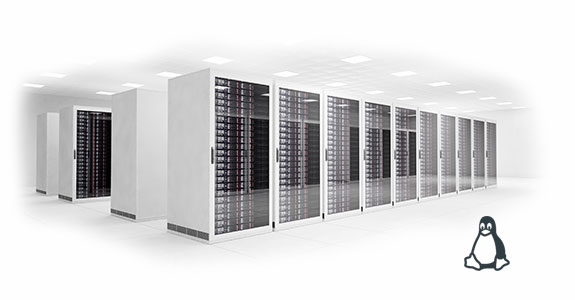VPS Server South Africa – Managed Hosting by Register Domain SA
Ultrafast SSD Cloud Storage Servers
Focus on what is important and let us manage your server. Our Server Admins will install a commercial Control Panel on your server, configure your web service, email service and secure your Cloud Server with a commercial firewall. We will keep your server's software up to date and configure regular backups.
Take the hassle out of Server Management
Our qualified Linux Administrators will take care of your server
Managed 100
R 1,484/ month
- 2 CPU Cores
- 4 GB RAM
- 100 GB HDD
- 1 IP Address
- Locally hosted
- Super fast SSDs
- Control Panel (cPanel)
- Personal Server Admin
- Cancel At Anytime
- 24/7 Monitoring
Managed 200
R 1,669/ month
- 2 CPU Cores
- 4 GB RAM
- 200 GB HDD
- 1 IP Address
- Locally hosted
- Super fast SSDs
- Control Panel (cPanel)
- Personal Server Admin
- Cancel At Anytime
- 24/7 Monitoring
Managed 300
R 1,854/ month
- 2 CPU Cores
- 4 GB RAM
- 300 GB HDD
- 1 IP Address
- Locally hosted
- Super fast SSDs
- Control Panel (cPanel)
- Personal Server Admin
- Cancel At Anytime
- 24/7 Monitoring
Managed 400
R 2,039/ month
- 2 CPU Cores
- 4 GB RAM
- 400 GB HDD
- 1 IP Address
- Locally hosted
- Super fast SSDs
- Control Panel (cPanel)
- Personal Server Admin
- Cancel At Anytime
- 24/7 Monitoring
Managed 500
R 2,224/ month
- 2 CPU Cores
- 4 GB RAM
- 500 GB HDD
- 1 IP Address
- Locally hosted
- Super fast SSDs
- Control Panel (cPanel)
- Personal Server Admin
- Cancel At Anytime
- 24/7 Monitoring
Custom Managed Plan
From R 1,335 / month
- Select your CPU Cores
- Select your RAM
- Select your Storage (GB)
- 1 IP Address
- Locally hosted
- Super fast SSDs
- Control Panel (cPanel)
- Personal Server Admin
- Cancel At Anytime
- 24/7 Monitoring
Unlimited Traffic & Service Limits
Register Domain SA does not impose any limit on traffic / bandwidth. This is however subject to reasonable and responsible use. For more information please see our Acceptable-usage-policy.Managed Linux Server Provider in South Africa
A Linux server is a computer running the Linux operating system that is configured to provide specific services to several users simultaneously through a network. When hosting online services for a broad audience, a Linux server is an incredibly efficient and adaptable tool. You'll need to spend time putting it up, configuring it, and updating it to keep it functioning smoothly and safely.
Essential components we consider as one of the best managed Linux server providers in South Africa:
Why you would want to use SSD Cloud Storage Servers
Whatever sort of server you have—virtual or dedicated—the storage medium you select will affect its performance. Because even if the CPU is running at maximum speed, data still needs to be read and written to and from storage. Here is when the storage format you are employing becomes relevant.
Multiple options for data storage devices exist. It could be a hard disc drive (HDD), but it could also be a solid state device (SSD). The term "solid-state drive" refers to a storage device that uses semiconducting materials in place of a traditional rotating disc. In comparison to traditional HDDs, this method makes accessing stored data lightning quick.
A few notes on solid-state drives:
Cloud SSD Hosting
As the name implies, cloud SSD hosting takes place in the cloud, with your data being hosted on virtual machines. The servers communicate with a large number of physically located servers. If one of your cloud hosting servers ever goes down, the others will take over automatically. Having access to an abundance of resources from a wide variety of servers is a key component that makes cloud hosting so stable.
Linux-based Commercial Control Panel
Typically, a commercial Linux control panel is a web-based interface that gives administrators centralised control over their Linux system. It aids in making the server more user-friendly, especially for those who are not technically savvy.
